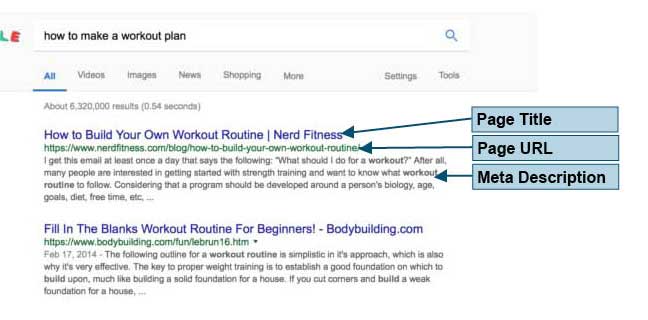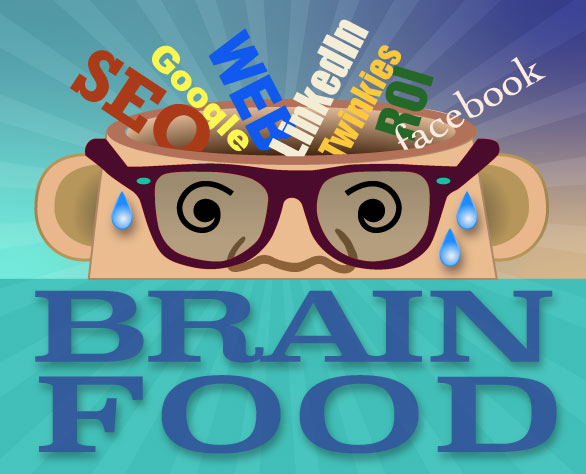Organizing your web site’s content to rank higher in search results.

Search Engine Optimization (SEO) is aimed to improve the website ranking in the organic search results. Keywords in a website enable the search engines to identify websites that “match” a customer’s search intent. Basically, does your website contain what your customers are looking for.
Google uses it’s algorithm to rank content. It takes a number of factors into account when determining these rankings, such as the relevance and quality of the content against a particular search query.
Our SEO process starts with analyzing and auditing your current website’s content.
- What keywords does it currently contain?
- What SEO issues are preventing the website from ranking well?
- What is the volume of expected traffic for a relevant keyword?
Our process reveals where improvements need to be made. Companies can achieve significant improvements with even basic search engine optimization. Basic SEO activities include having relevant keywords in the title tags.
Google ranks your pages partly by on-page factors. A well organized website is a start. People search the internet to find information and answers to their questions. Your website content should provide the answers to your visitors’ queries. Search engines match your content for particular keywords to the search query.
On-page SEO factors are the items in your website that you have control over. These include technical aspects (e.g. the quality of your code and site speed) and content-related aspects, like the structure of your website or the quality of your information on your website.
SEO is not a get-rich-quick activity, but rather a thorough process of improving the areas that search engines look for in ranking your site.
The “organic” listings in a Google search results page are all of the results that are not paid for. The organic results that are shown first best fit the search query of the user.
SEO and Clean Site Navigation

A user-friendly navigation structure helps visitors and also signals to search engines your important pages to be found on your site. Menu names should be easily understood and clearly indicate what is on the linked website pages.

Website Page Titles
The title of the page is critical for attracting the user’s attention and increasing the page click-through-rate. If your title does not relate with the user’s search intent, they will most likely skip your listing.
Meta Descriptions
Meta descriptions can help you to stand out on a search results page and attract people browsing through the results page. A poorly written meta description can confuse people glossing over the list.
Even taking these simple steps will improve your success with search optimization!
Website Audits
We conduct website audits to learn where you are falling short in your search engine optimization efforts.
Top SEO Improvement Steps:
- Technical SEO to improve the search engine’s ability to properly read and index your website.
- On-Page SEO to improve the quality of a website’s content and providing answers.
- Off-Page SEO targets backlinks from other websites to increase the authority of your website.

